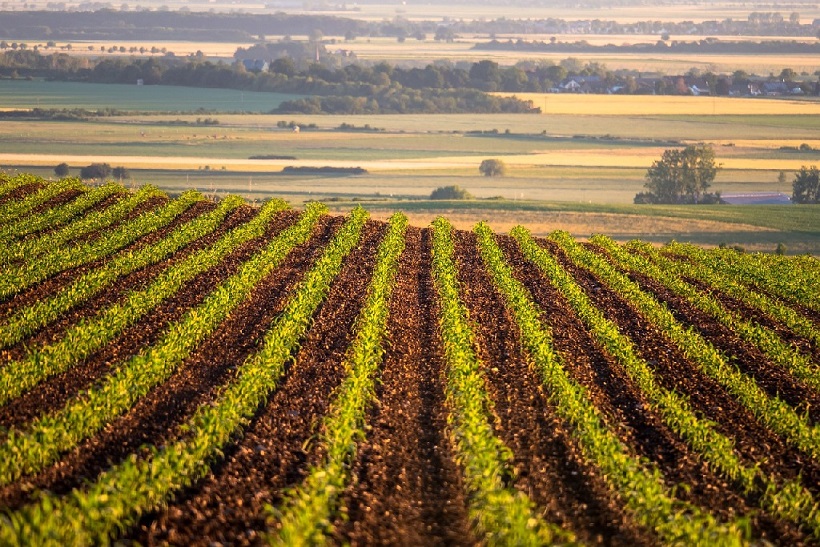Astanor Raises €360 Million for Sustainable Food Value Chain Fund

Astanor Ventures today announced the close of its second venture fund, raising €360 million for early-stage, sustainable, scalable solutions across the agrifood value chain. The latest round brings assets under management to €800 million.
Astanor Ventures is a global impact investor that backs companies that identify a socialSocial criteria examine how it manages relationships with employees, suppliers, customers, and the communities where it operates. More or environmentalEnvironmental criteria consider how a company performs as a steward of nature. More issue related to food growth and distribution and have developed a nature positive solution to resolve it. So far, the company has backed more than 45 companies around the world with solutions “from soil to gut” focused on climate transition, nature positivity, resource efficiency and socialSocial criteria examine how it manages relationships with employees, suppliers, customers, and the communities where it operates. More and health enhancements.
Eric Archambeau, co-founder and partner of Astanor said:
“We are thrilled to share the successful closing of our second venture fund and prove that among a continuously changing environment and economy, Astanor is here to stay. When looking at new companies to invest in, our approach will continue to always look for highly disruptive and scalable business models, driven by ambitious entrepreneurs who also share our vision of sustainable and resilient agrifood and bioeconomy systems.”
Astanor added that its ecosystem of entrepreneurs, experts, scientists, leaders, and policy makers has enabled the company to identify innovation in the bioeconomy, with a particular focus on regenerative agriculture. Agrifood technology is considered essential to provide healthy food for people while preventing biodiversity loss, reducing greenhouse gasses, reducing deforestation and saving water, among other objectives.
Hendrik Van Asbroeck, Partner at Astanor Ventures said:
“As we witness the ever-evolving landscape of the agrifood market, it becomes increasingly evident that Innovation is not an option but a necessity. The challenges we face today, from climate change to resource scarcity, demand a transformation in how we produce, distribute, and consume food. Astanor Ventures is dedicated to playing a pivotal role in this transformation by supporting visionary entrepreneurs who are redefining the future of agrifood, paving the way for a more sustainable and resilient global food system.”